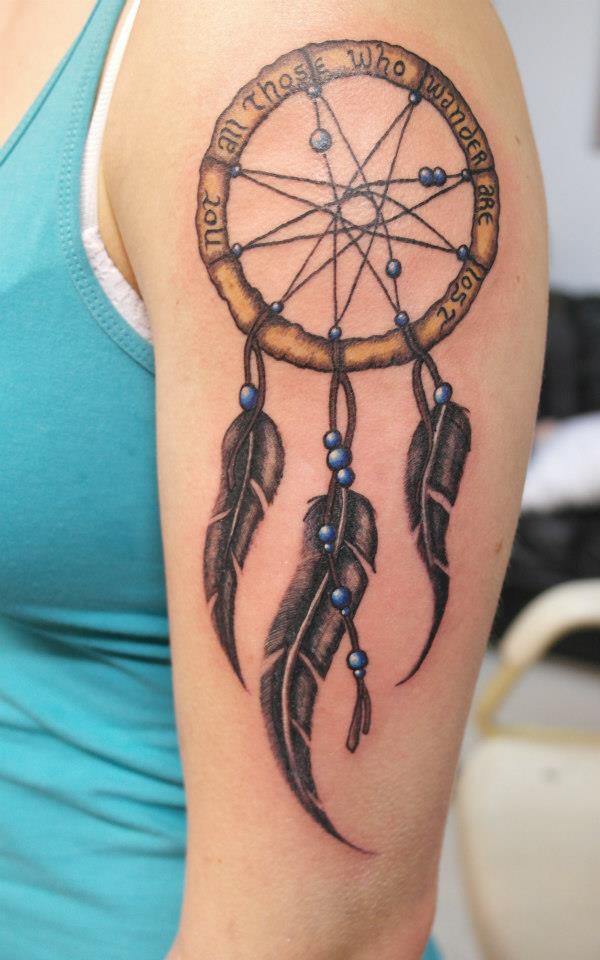Advice For Putting Together Your Med School Personal Statement

Going to medical school is one of the greatest challenges that you will face. As far as careers go, for as well-reimbursed and well-regarded as being a doctor is, it’s one of the most difficult ones in every aspect. The entry bar, naturally, to becoming a doctor is very high and they only allow people with brilliant academic standards, unwavering passion, lots of talent, and mental resilience to take up the medical oath. But rewind a bit, since you’re not even at that stage yet. Before all of the myriad of challenges that med school will throw at you, you need to actually get in. Getting into med school is an enormous challenge in of itself that not just anyone will overcome. A huge amount of work, largely to maintain academic standards at an undergraduate level, will already have been done before you’re even able to look at the application. And that’s all without talking about the MCAT, which is one of the hardest standardized tests around. Here is advice for putting together your med school personal statement.
OK, but forget all of that. Because there is one element to the Med School application that shifts the challenge a bit and requires a different sort of skill from grinding out MCAT practice tests. The Med School Personal Statement is a chance for you to express yourself and to speak directly to the admissions committee from a place of truth. For a few hundred words, all of the pressure of the academic side to your application can melt away and be replaced with some genuine reflection on why medicine is your calling and why X Medical College should accept you. For some, in amongst the stress of the rest of the application, this element is a nice respite. For others, particularly the more scientific-minded out there, it’s a further nightmare. So, let’s look at some tips for how to most effectively write your Med School application.
The Writing Process
Writing, like studying for an exam, is a process that has to be embraced in its entirety in order to provide success. “The physical act of writing is only the smallest part of writing as a whole, particularly for something important like a personal statement. From the conception of the first idea to the submission of the words, it’s a complex multi-part process that can leave some people’s heads spinning, and others completely and utterly lost”, says Ralph Hawkins, educator at UK Writings.
Writing begins with the generation of ideas. For a med school personal statement this could really be anything, but a defining approach needs to be arrived upon. To most successfully achieve this you’ll want to workshop your ideas; with friends, with family, with academic advisors, with current Med School students and with yourself. Then there’s the drafting stage, the drawing up of ideas and the arrangement of paragraph structure. This extended process all happens before you put pen to paper, or perhaps more accurately fingers to keys. The first thing you write will only be a draft, something the whole point of which might be to reveal a flaw in the planning stage or in your idea as a whole. From there you draft and re-draft until you’ve chiseled the work to a fine point. Once the ‘final’ draft is finished you run it by the same groups of people from earlier. You collect feedback and you make the changes you need to make based on their suggestions. Then, and only then, are you ready to submit. It’s a lengthy process, but it’ll be well worth it in the end. You just have to commit to it and work hard to achieve what you want to.
Find An Individualistic, Specific Angle
It’s called the personal statement for nothing. This is a chance for you to show who you are, something which can be very obscured by the rest of a Med School application. Sure they have your date of birth, ethnicity, a whole load of test scores and academic results and a good amount of your professional background, but, at the end of the day, you’re far more than a collection of facts. The personal statement is to really prove to them that you have a character and that that character is inherently linked to your dream of becoming a doctor. They want to know who they’re accepting before accepting you, to understand your motivations. If you’re bold enough, a Med School Personal Statement can be a really illuminating document. Don’t be nervous to admit weaknesses (within reason) or fears if they make a genuine part of your route towards pursuing medicine. It’s so easy to be formulaic about everything in your academics. This is a chance to be spontaneous and to come across not as the perfect cookie-cutter med school student without a single blemish, but as a real human being pursuing what he or she loves and wants to dedicate their life to. It’s foolish to think about this in any other way since the Med School Personal Statement is purpose-built to give you this opportunity to speak from the heart.
Write With Simplicity
There’s a very common misconception, particularly amongst non-writers, that elegant prose requires long, fancy words and turns of phrase that you don’t hear in common parlance. The truth is, this is completely incorrect. In fact, statistics show that the opposite is true. When you’re writing some sort of formal document or letter, the assumption that big words make you look smart is wildly off the mark. Firstly, concision, clarity, and heartfelt communication of an idea are far more important. If you wouldn’t say a word ever, it shouldn’t be in a Med School Personal Statement, since it isn’t personal. Secondly, if you’re not a writer particularly, there’s a very good chance that you’re actually misusing that big 12-letter monstrosity. This can lead to confusion and can send the message that you’re more interested in the appearances of your work than the reality. Say what you want to say in such a way that it doesn’t matter who you show it to, if they can read English, they understand what you mean. Clarity is always more impressive than fancy words.
Don’t Lie
This is an interesting one because, aside from any moral scruples and misgivings about dishonesty that there are, lying isn’t actually a bad route to take in writing a Med School Personal Statement. From a tactical standpoint, if you have the data on what sorts of things people at Med School admissions offices want to hear, then you could tailor a whole story simply for their benefit and there’s a good chance that they would never pick up on it. However, the real reason not to do this is that there’s literally no point. It is simply an opportunity to incur risk, rather than actually make you a better candidate. This is because admissions teams are used to analyzing personal statements for things that smack of disingenuity and to discredit your account if it is overplayed or unlikely. So, you’ have to be an excellent writer to really pull the wool over the eyes of an admissions officer who reads thousands and thousands of personal statements. And if you’re a good enough writer to do that, then you’re a good enough writer to tell your own story, no matter how boring or bizarre you think it is, in such a way that it hits home with the admissions team and demonstrates in you a genuine love of medicine and a desire to help other people. So, the end result, is that there shouldn’t be a single occasion when you lie in your personal statement. It’s a pointless risk.
Read The Prompt Carefully
Last, but certainly not least, we have an eternal piece of wisdom. In general, there are only so many ways that personal statements can be requested. But within that, each school you apply to may well have their own list of things they want to see from you. If you aren’t vigilant, you could mess up by missing a detail. Read the prompt, then read it again. Then, once you’re sure, read it again.
Conclusion
Overall, the Med School Personal Statement is actually an incredible opportunity. It allows you to turn your file into a full person, with a character, a past, and a future. The more that an admissions office knows who you are and can relate to you as a human, the more likely you are to find your way into their school.
 Tagged:
med school personal statement length, med school personal statement prompt, medical school personal statement examples harvard, medical school personal statement examples pdf, medical school personal statement examples student doctor, medical school personal statement hooks, personal statement medical school examples reddit
Tagged:
med school personal statement length, med school personal statement prompt, medical school personal statement examples harvard, medical school personal statement examples pdf, medical school personal statement examples student doctor, medical school personal statement hooks, personal statement medical school examples reddit











